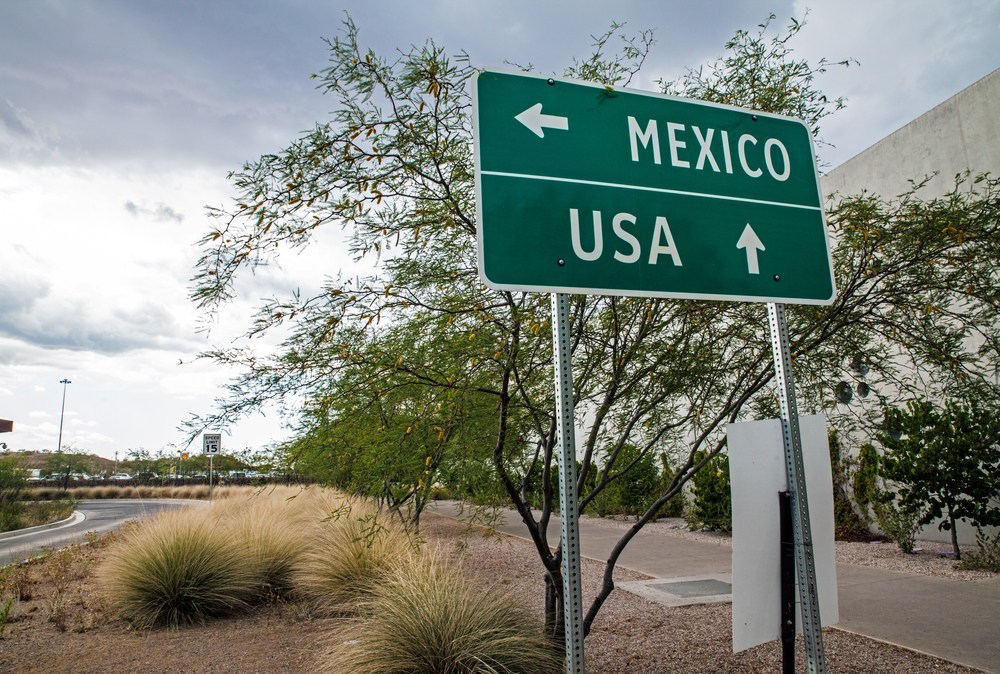Count Kim Jamerson as another Florida vegetable producer who is being negatively impacted by imports from Mexico.
“I’ve got a bad taste in my mouth for Mexico,” said Jamerson in Fort Myers, Florida.

She farms approximately 1,280 acres of produce in south Florida, including eggplant, zucchini, yellow squash, cucumber and green pepper.
Jamerson struggles to keep pace with Mexican imports in pepper production. It costs her $9.50 per box to break even, which accounts for labor, diesel and the box itself.
“They’re bringing in pepper for like $1.95 and they’re bringing it on commission, a whole box of peppers, which means they can sell it for $0.50 a box. I’m not saying that they did, I’m saying that they could,” Jamerson said. “That is a really bad situation.”
What can be Done?
Jamerson is trying to coordinate with the Florida Ag Commissioner’s office and Florida Senator Marco Rubio to try to find a reasonable solution. She proposes that a limited amount of pepper be brought into Florida and also believes Mexico needs to be importing at $9.50 per box. That’s the price that farmers must break even for, not even make money off of.
“The other night at 3 o’clock in the morning, I was out at our farm in my pajamas in pouring down rain trying to save our bell peppers. I’m stupid, because what I should have done was let all those bell peppers drown and collect my insurance I have on it,” Jamerson said. “I would have made more money by collecting the insurance that I had them insured for instead of saving them to compete against a $1.95 box of pepper from Mexico.”
Bell Pepper Imports
University of Florida Associate Professor Zhengfei Guan describes in a webinar how much bell pepper imports have risen in the last two decades. In 2000, Florida production totaled more than 600 million pounds, while Mexican imports tallied approximately 300 million pounds. In 2019, Florida production dropped to under 400 million pounds, compared to Mexico with more than a billion pounds.
The future looks bleak for the future of American farmers. Producers like Sam Accursio are already signaling an end to their agricultural careers in the near future.
“I don’t see the next generation farming unless they go into some kind of import business and buy produce from out of the country, call themselves farmers and sell it. I don’t see them out there at 3 o’clock in the morning in the pajamas, making no money. Who’s going to do that?” Jamerson added.









